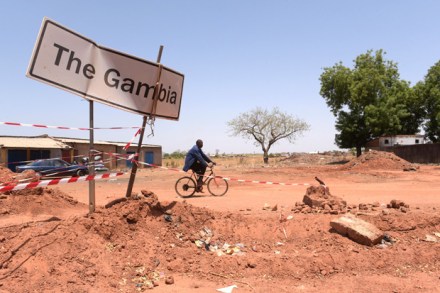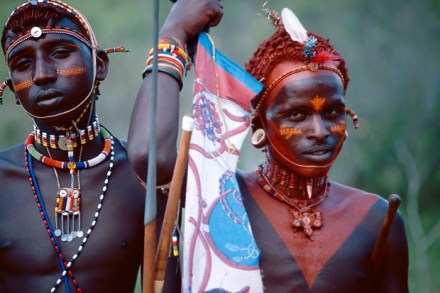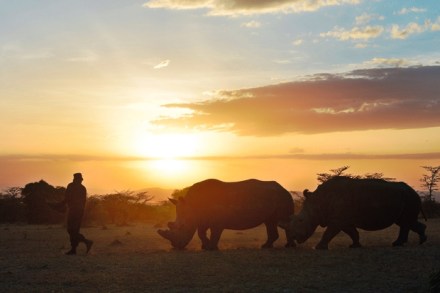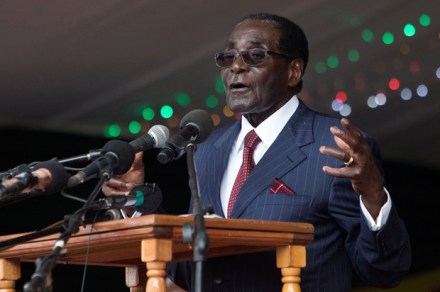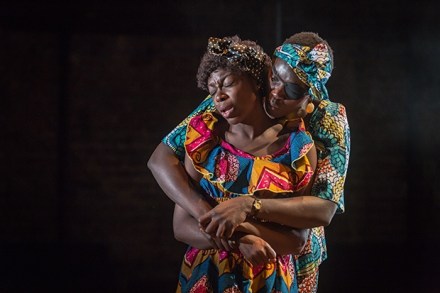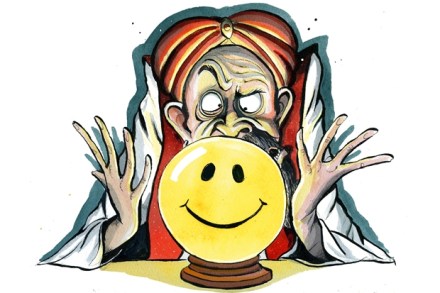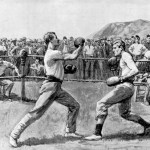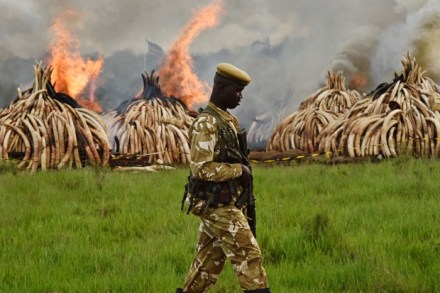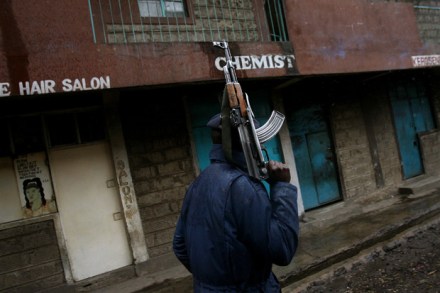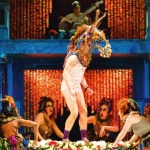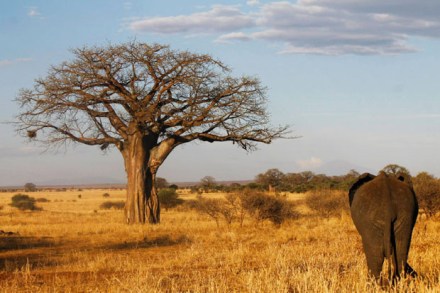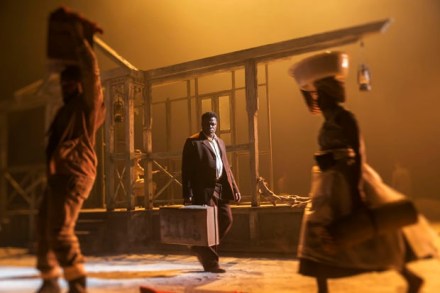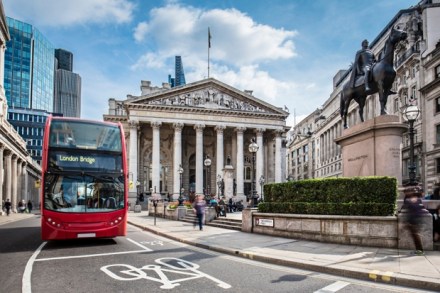Exodus from Gambia
A ticket to paradise comes very cheap in Gambia — as long as you’re headed in the right direction. Thomas Cook charges just £230 for the six-hour flight from Gatwick to West Africa, and in the cheaper hotels along the cream-white palm beaches, a week’s stay costs even less. For the 100,000 Europeans who flock here each year — half of them Brits — it’s a much loved, if slightly tatty, African Benidorm, where donkeys can be found not in the souvenir shops but grazing rubbish on the streets outside. For the equally large numbers of Gambians seeking desperately to go the other way, however, the ticket is far pricier.
